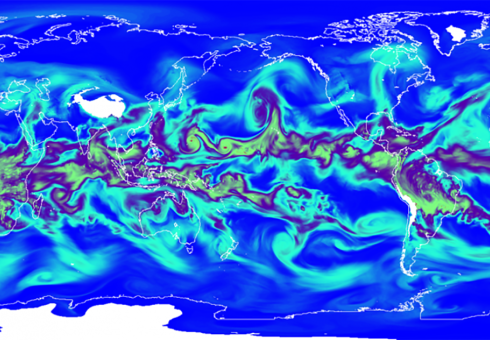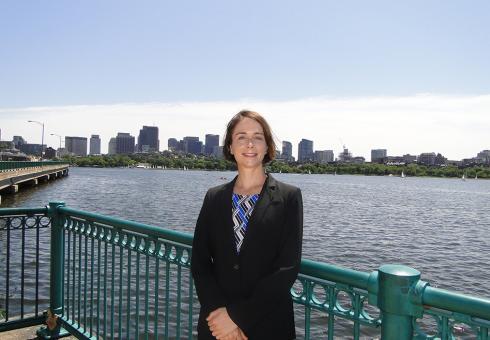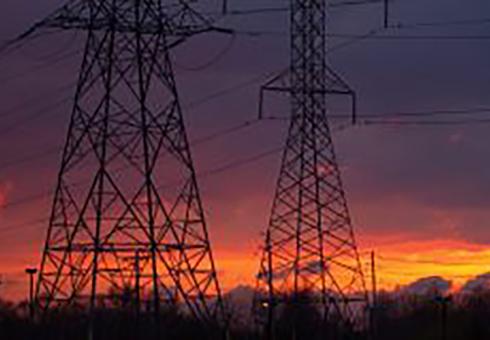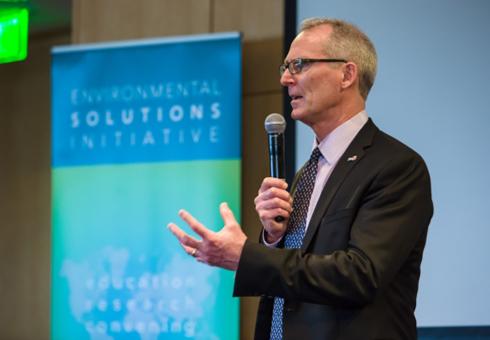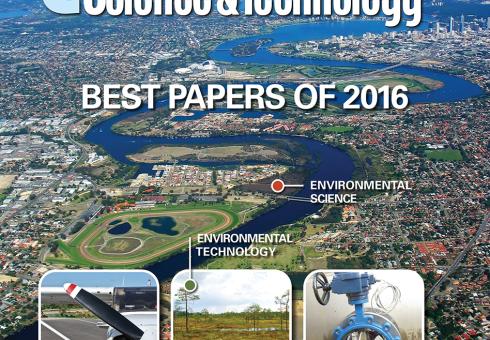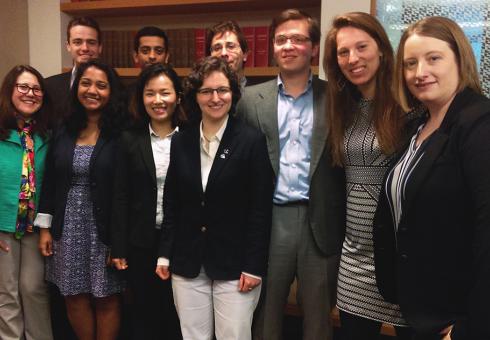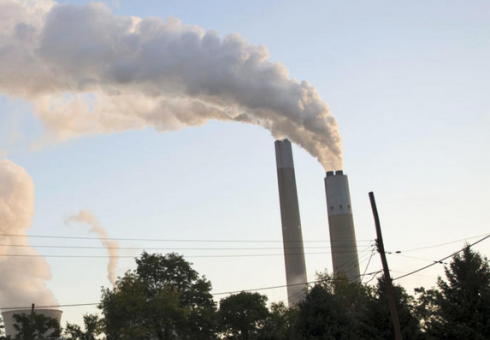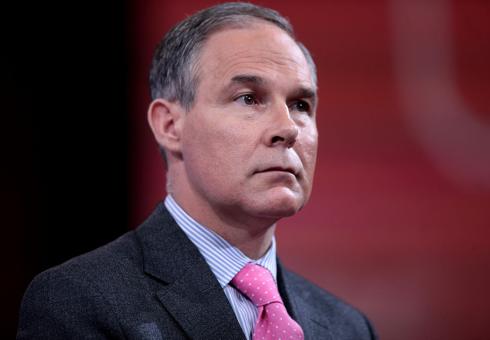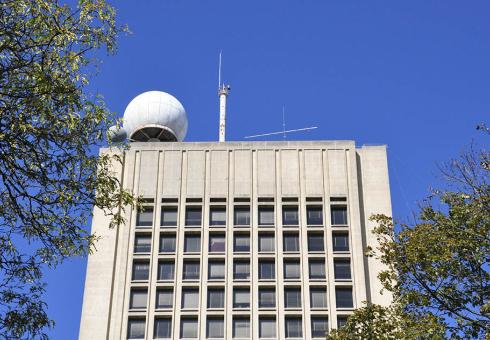CS3 In the News
Associate Professor Paul O'Gorman, an MIT Joint Program-affiliated researcher, describes three questions climate scientists recently suggested should frame the future of climate research
Joint Program researcher Valerie Karplus awarded grant for project focusing on the response of industrial firms to energy-efficiency policies
Using detailed data from firms in China, Germany, and the United Kingdom, Karplus will investigate what characteristics of firms determine how policy affects production costs and firm competitiveness. Earlier seed grant led to U.S. EPA funding for Noelle Selin and Susan Solomon's project identifying new ways to evaluate the success of emissions-control measures tailored to reduce particulate pollution.
OurEnergyPolicy.org features online discussion based on MIT Joint Program Research Scientist Jennifer Morris's Energy Journal paper "Hedging Strategies: Electricity Investment Decisions under Policy Uncertainty."
1. Is it appropriate for investors to hedge against market exposure by placing capital into technologies that result in cleaner burning fossil generation?
2. Will private and public investors accept the risk and continue on a path of cheap fossil fuels, or increase holdings toward the 20-30 percent non-carbon source allocation?
At MIT, former Congressman Bob Inglis speaks about climate and free enterprise
Inglis made the case for a “tax swap”: implementing a tax on carbon while offsetting its revenues with a reduction in income or payroll taxes. This way, Inglis said, the U.S. can unleash a wave of clean energy innovation, driving down planet-warming greenhouse gas emissions without harming economic growth. And by making the tax border-adjustable — meaning that imports to the U.S. from countries without their own carbon tax would face an import tax — Inglis said his plan would catalyze the rest of the world to tax carbon as well.
Climate change could lead to overall increase in river flow, but more droughts and floods, study shows
Study showed long-lasting health, economic impacts of lead emissions from U.S. general aviation flights
Paper: Philip J. Wolfe, Amanda Giang, Akshay Ashok, Noelle E. Selin, and Steven R. H. Barrett. Costs of IQ Loss from Leaded Aviation Gasoline Emissions. Environ. Sci. Technol., 2016, 50 (17), 9026–9033. dx.doi.org/10.1021/acs.est.6b02910.
MIT Joint Program researcher helps bring scientific evidence into public decision-making
The President’s latest executive order would scrap regulations critical to addressing climate change. But would it also, as he promises, put miners “back to work”? John Reilly and Noelle Selin comment on the latest developments.
Air quality in Beijing has a lot to do with snowstorms in Siberia. MIT EAPS/IDSS Associate Professor and Joint Program researcher Noelle Selin comments.
The fact that CO2 is a primary contributor to global warming is not in dispute among climate scientists, notes MIT Joint Program Executive Director for Research Anne Slinn in PolitiFact
'This is not a view shared by us': After MIT professor emeritus Richard Lindzen writes letter urging Trump to withdraw from climate accord, faculty responds.
Related coverage: Climate@MIT, Boston Globe

